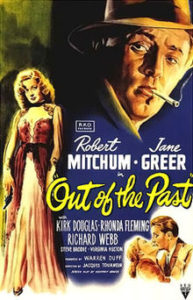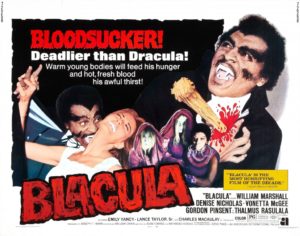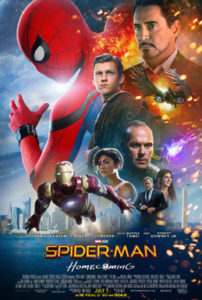This week it was announced that John McCain the senior senator from Arizona has been diagnosis with a brain cancer, and worse yet  one of the more aggressive varieties of that terrible disease. The 5-year survival rate for patients over 55 is truly bad; the statistics I have read place the number around 2 to 5 percent. Senator McCain has beaten long odds before and I hope he triumphs one more time.
one of the more aggressive varieties of that terrible disease. The 5-year survival rate for patients over 55 is truly bad; the statistics I have read place the number around 2 to 5 percent. Senator McCain has beaten long odds before and I hope he triumphs one more time.
That’s not to say that I am a supporter of the senator. As a politician he has too often been on the wrong side of an issue, he has too often played the team player instead of living up to his image as a maverick, but he is by far not the worst politician in our current political environment.
It should also be remembered that this man has spent a lifetime in service to his country. As naval pilot he has survived the loss of multiple aircraft, survived the heart of the terrible fire aboard the USS Forrestal, and endured years of captivity and torture. When his North Vietnamese offered him a chance to go home early, outside of the proscribed rotation for returning Prisoners of War, an opportunity he knew would give them tremendous propaganda value because he was the son of an Admiral, he refused, insisting he be released in the same order as al the other POWs.
There are many reasons why I do not think John McCain has been a particularly good politician, many way in which I think he has not served the public good, many errors that have made use less safe and less free, but he has always been an opponent and never an enemy. Too often in our politics we take those terms as synonyms.
I wish him a full and speedy recovery.



